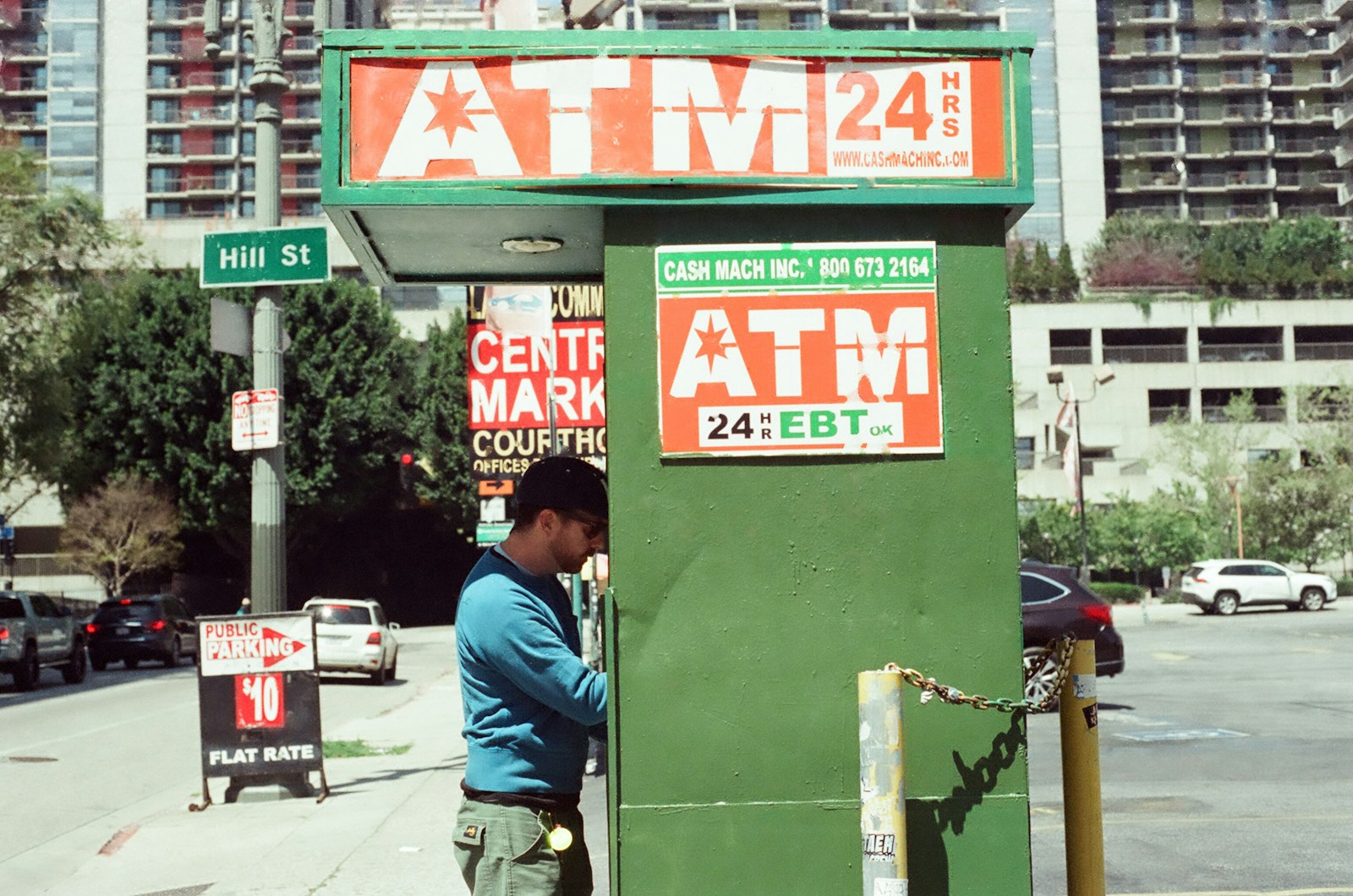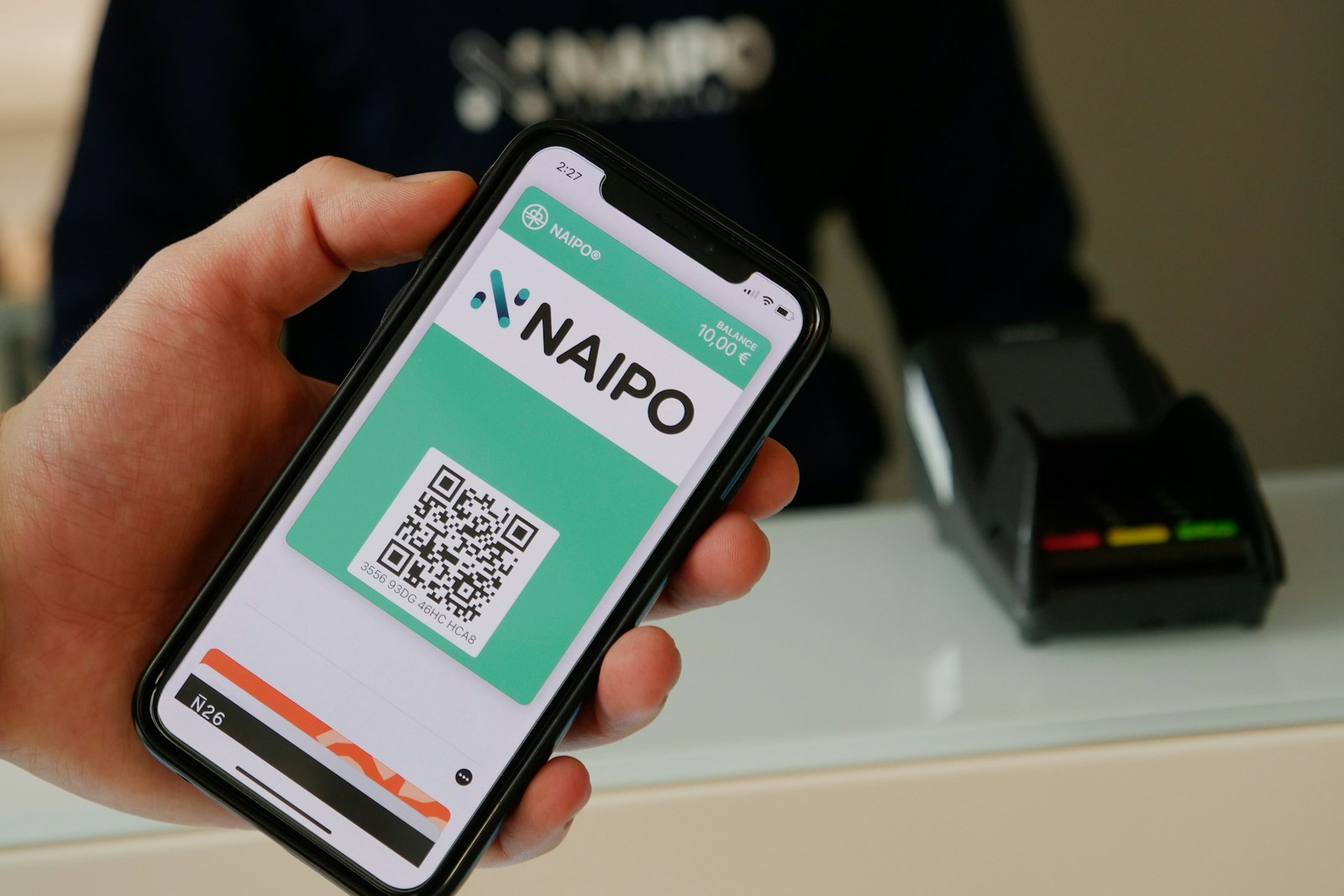Money sent home by families working abroad is called remittances. It is a lifeline for millions of Africans. People send money across borders so loved ones can pay school fees, bills, and food. Cross-border payments help connect people and countries.
In this context, Onafriq and the Future of Cross-Border Digital Payments in Africa is worth watching. Onafriq is a major player in digital payments. It helps move money across countries using digital tools. This is especially useful for financial inclusion. By making cross-border payments cheaper and easier, digital wallets in Africa can reach people who had little access before.
The Actual State of Cross-Border Payments in Africa
Overview of Cross-Border Payment Challenges

Cross-border payments in Africa face big challenges. High transaction costs and inefficiencies make sending money expensive. Nowadays, a lot of payments are received from foreign currencies and correspondent banks in other continents.
These layers add cost and delay. This slows economic integration within Africa. In short, sending money across borders is important, but it often costs too much and takes too long.
The Role of Digital Wallets in Cross-Border Transactions
Digital wallets in Africa have been a growth story. Digital wallets are changing the remittance process. Instead of going to a bank branch, a person can send money using a mobile wallet. For example, in Sub-Saharan Africa, by 2023, there were about 835 million mobile money accounts.
(cib.absa.africa) Studies show that digital wallets help people save, borrow, pay bills, and receive remittances. (World Bank) Some popular digital wallets in the region include platforms from mobile operators and banks. They form part of the larger fintech solutions in Africa. Because digital wallets in Africa are easy to use, they are bringing more people into the financial system.
Onafriq’s Innovative Solutions for Cross-Border Payments
The Evolution of Onafriq
Onafriq started as MFS Africa and now operates under the new brand. It has grown over many years. One milestone: Onafriq now connects nearly 1 billion mobile wallets and hundreds of millions of bank accounts. (onafriq) Its history shows how a fintech solutions provider can scale across Africa. The transition from MFS Africa to Onafriq signals a step toward a pan-African payment network.
Key Features of Onafriq’s Payment Network

Here’s how Onafriq works:
- Interoperability across mobile wallets and bank accounts. It links many wallets, bank accounts, and agents in one network. (onafriq)
- Integration of blockchain technology and stablecoins (e.g., USDC). For example, Onafriq partners with Circle to use USDC-based settlement to lower costs and improve the speed of cross-border payments. (onafriq)
- Partnerships with fintech solutions like Circle and regional payment systems (e.g., Pan‑African Payments and Settlement System, PAPSS). These partnerships help build better infrastructure for cross-border payments.
Onafriq’s network removes many of the old barriers for cross-border payments. That means fintech solutions are being put to work across the continent.
The Future of Digital Payments in Africa
Trends Shaping the Future of Cross-Border Payments
Several trends are shaping how payments will work:
- More adoption of fintech solutions by individuals and businesses. Digital wallets in Africa and fintech solutions go hand-in-hand.
- The rise of real-time payments. People expect money to arrive quickly, not to wait days.
- The potential of stablecoins and blockchain in reducing transaction costs and increasing transparency. Onafriq’s use of USDC is one example.
- These trends mean that cross-border payments can become more affordable, faster, and accessible for more people.
How to Get Started with Onafriq
Simple step-by-step guide for new users:
- Create a wallet or connect your bank account.
- Link your mobile money or bank account.
- Select the recipient country, and enter the amount.
- Confirm transaction and monitor status.
- Recipient receives funds in a mobile wallet or bank account.
The Impact of Onafriq on Financial Inclusion
Onafriq is helping make financial services accessible to underserved populations. Digital wallets Africa connected through its network give people without bank accounts a payment channel. For example, its partnership with M‑Pesa in Ethiopia is helping remittances reach rural areas.
(onafriq) Because Onafriq uses fintech solutions to link wallets, accounts, and agents, it supports remittances and payments for people previously outside the formal system. The result: more people included, more services accessible.
Wrap Up
In short, Onafriq and the Future of Cross-Border Digital Payments in Africa shows how payments are changing. By using digital wallets, blockchain, and fintech solutions, Onafriq is helping make cross-border payments easier, cheaper, and more inclusive.
But there’s still work to do. Innovation matters in the fintech solutions space. If we stay focused on making payments simpler and fairer, more people across Africa will benefit.
Explore more about Onafriq on its website. Subscribe for updates and read more blogs about digital wallets in Africa, fintech solutions in payments, and cross-border payments across the continent.
FAQs
What are cross-border payments?
Cross-border payments are money transfers from one country to another. In Africa, this means one country sending funds to another. They are important because they connect workers, families, businesses, and economies.
How do digital wallets facilitate remittances?
Digital wallets let people send and receive money using mobile phones or apps. They cut out some of the middle steps, like multiple banks or agents. That helps make remittances faster and cheaper. Digital wallets Africa make this even more relevant because many people use mobile money instead of banks. Fintech solutions help build and run these wallets.
What challenges do cross-border payments face in Africa?
Here are some common issues:
Fintech solutions and improved digital wallets in Africa can help address these issues, but they don’t solve everything overnight.
High fees and slow processing times.
Dependence on foreign currencies and correspondent banks.
Regulatory and interoperability challenges across countries.
Uneven access to digital tools, phones, or network coverage.
Ready to take your creativity to the next level? Explore Trends Ideas
and discover what’s shaping the future of digital innovation!
